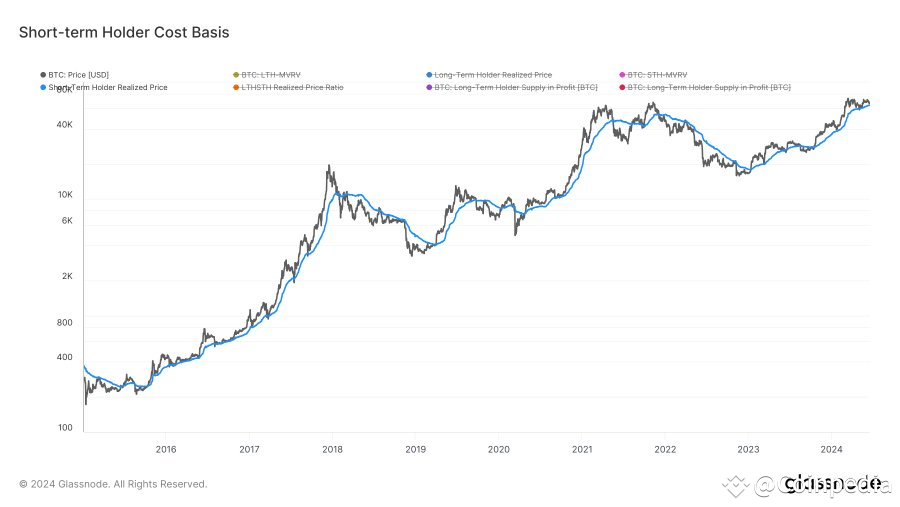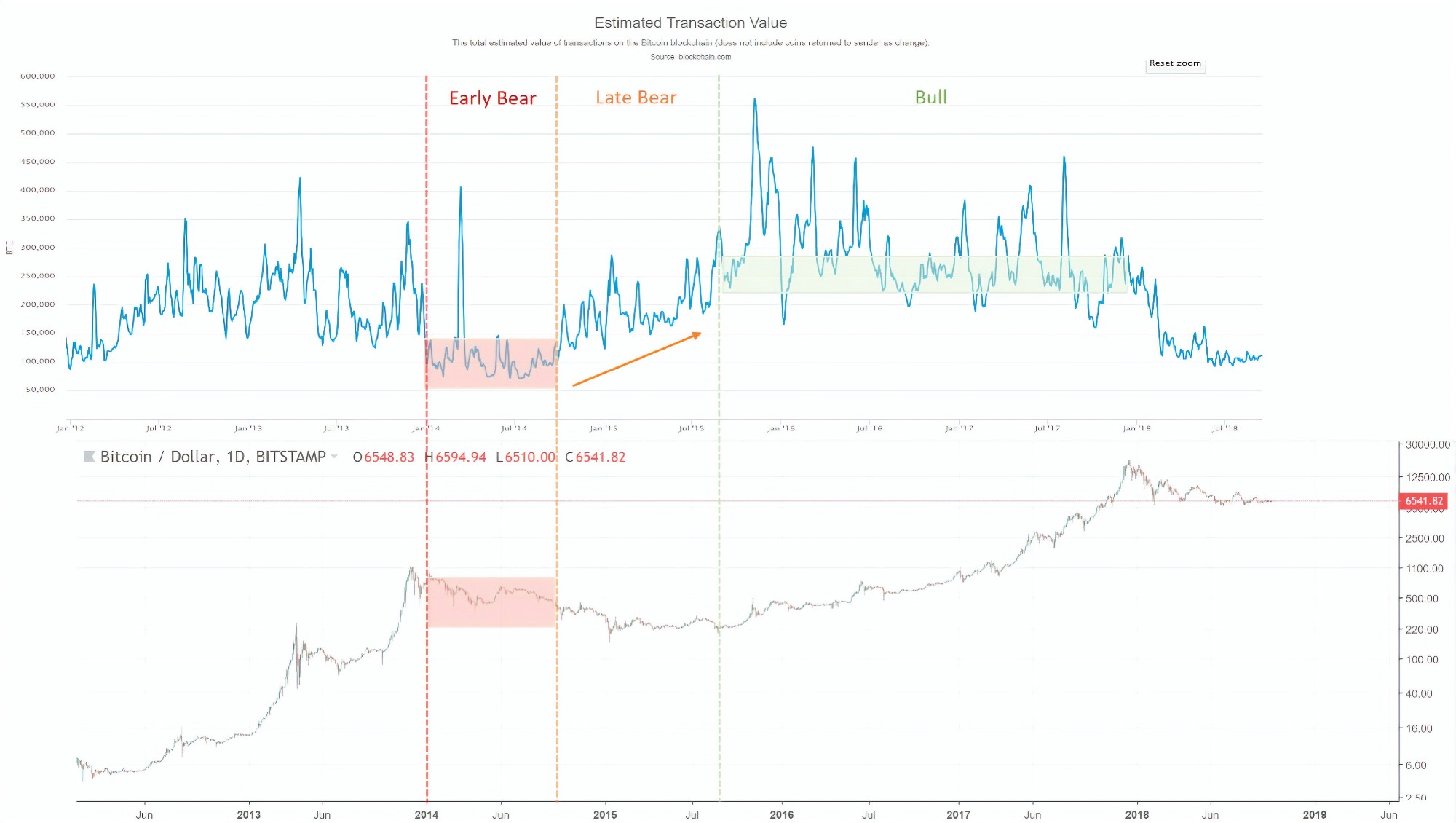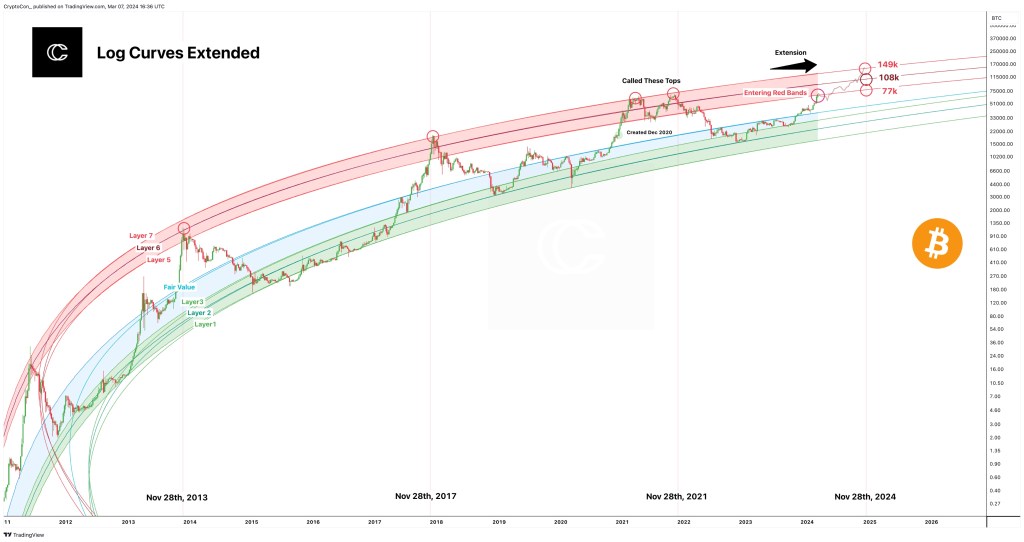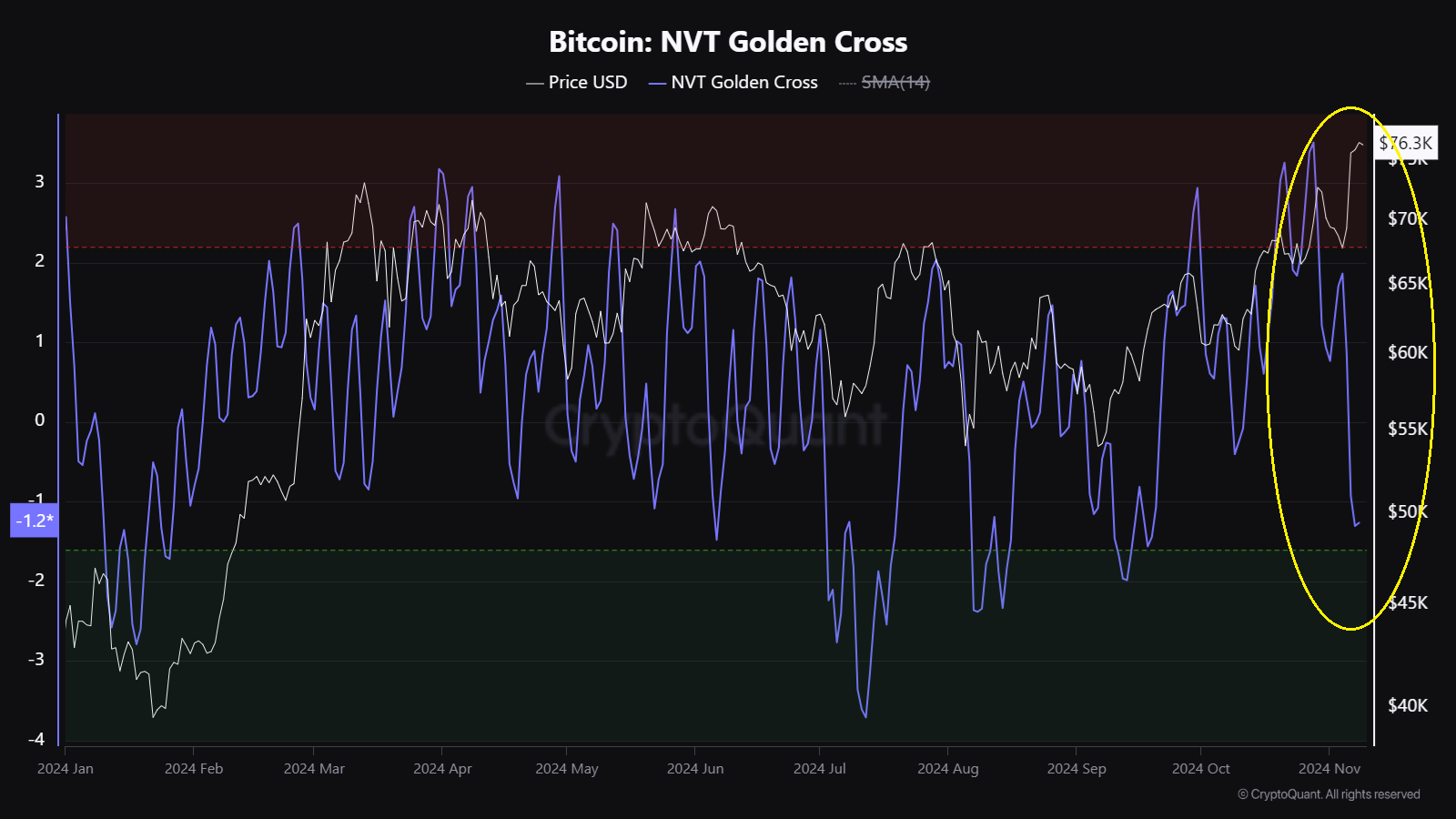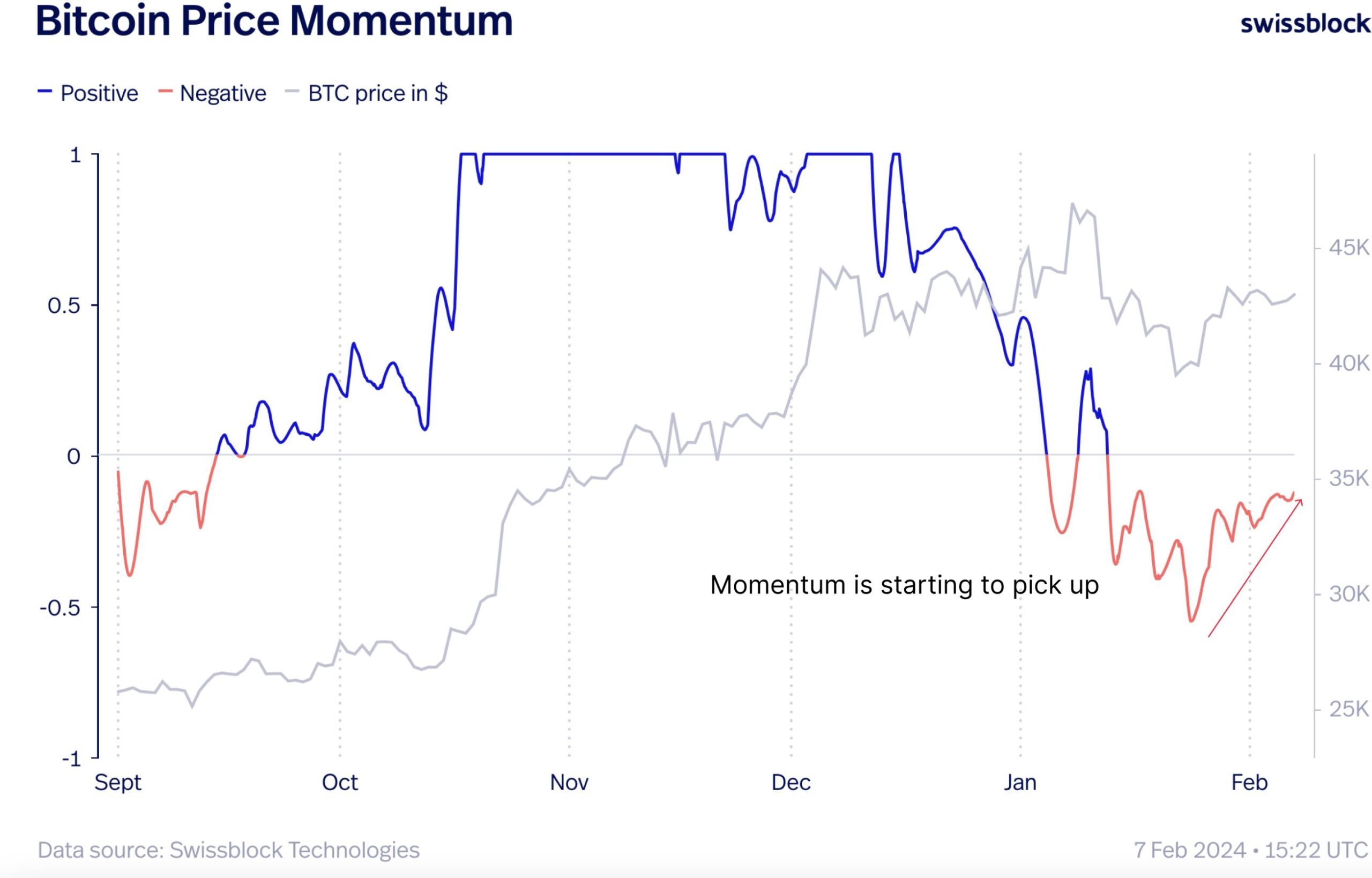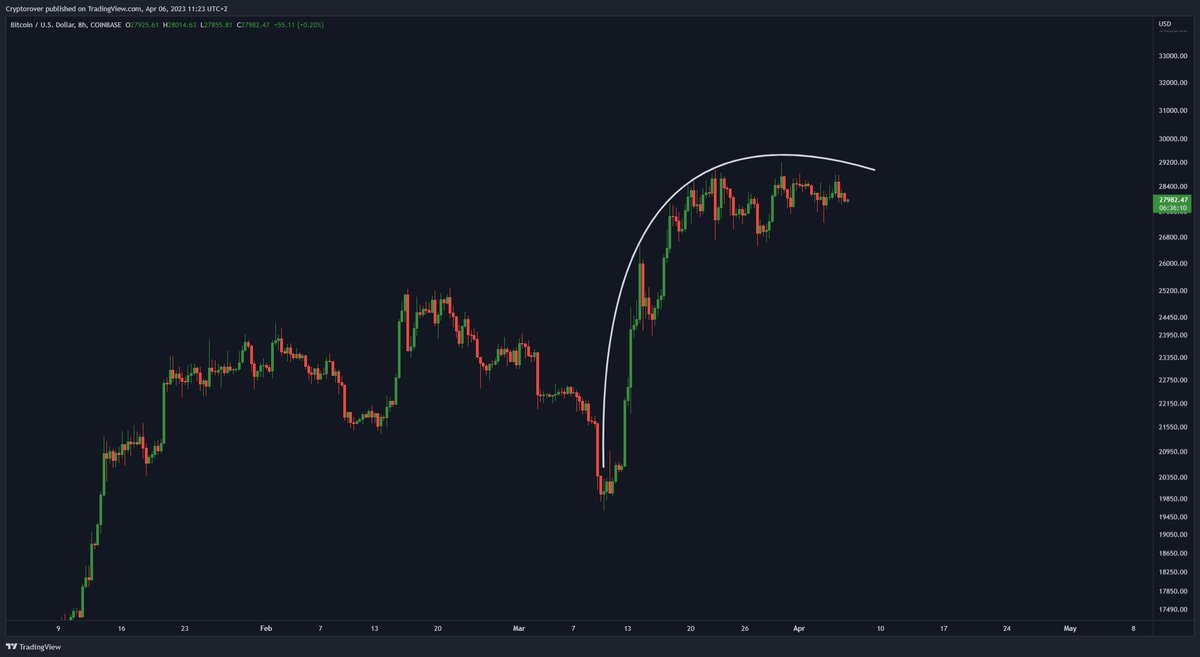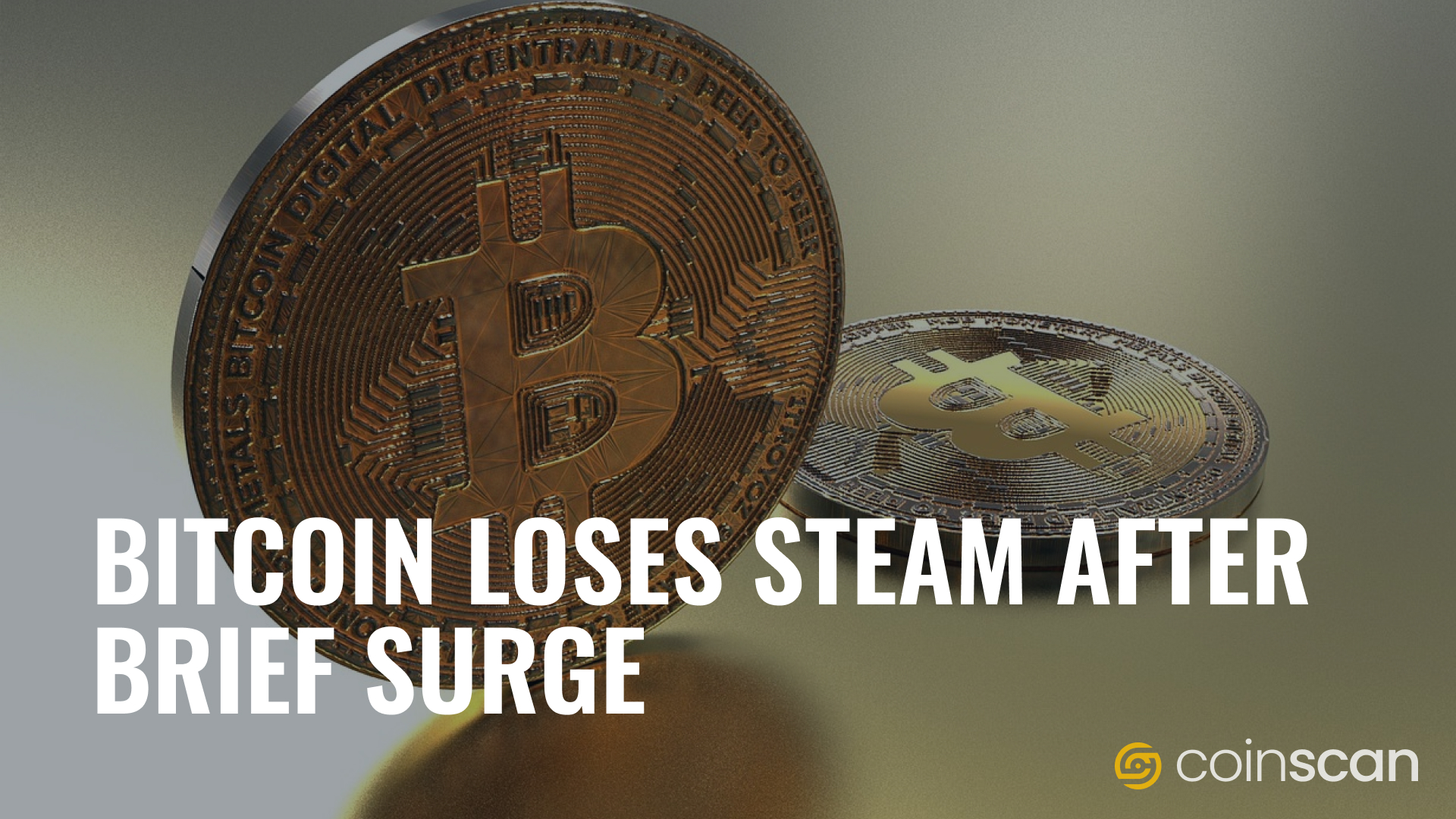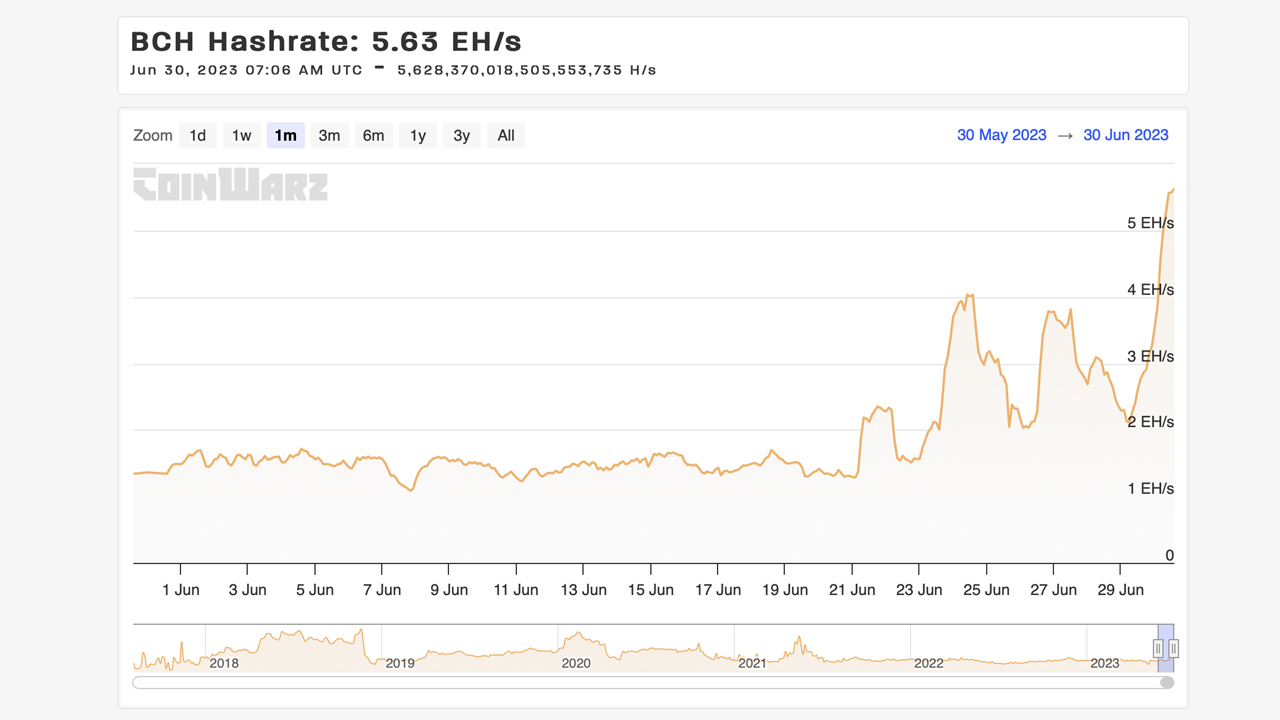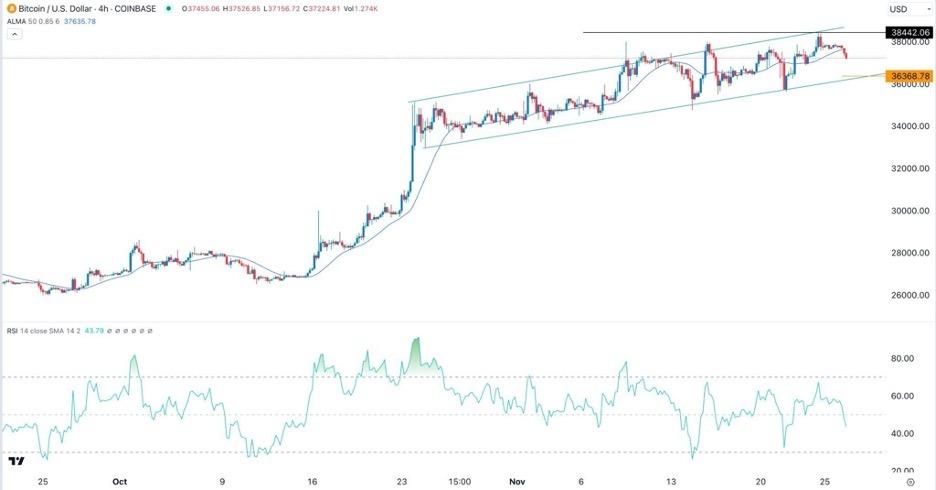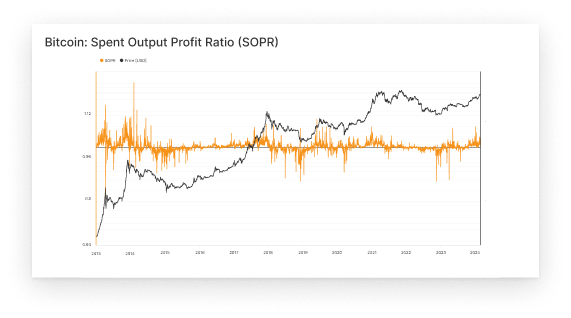Bitcoin Loses Momentum Heading Toward $100 000.
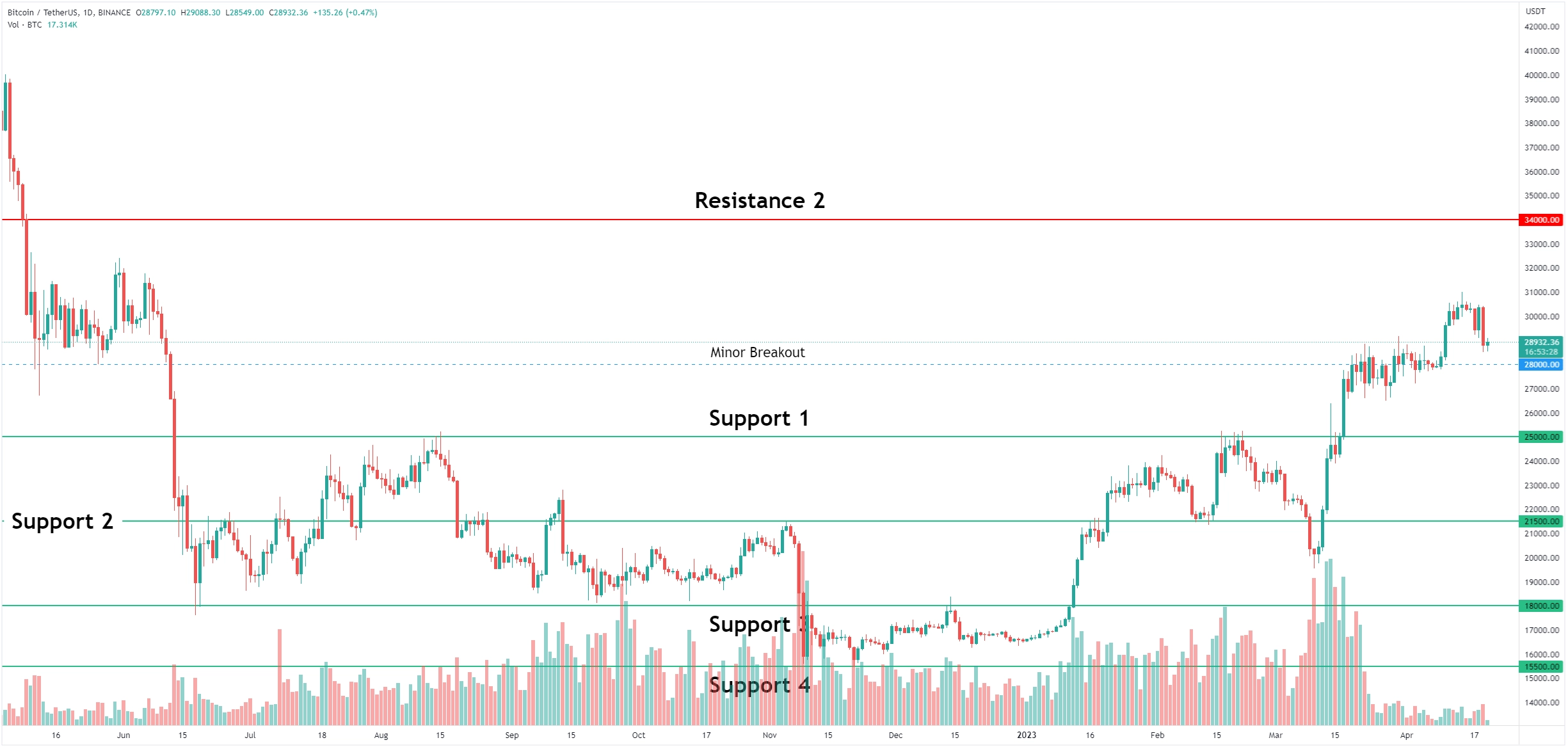
Imagine a digital gold rush, a flurry of excitement as investors, big and small, chased the promise of untold riches. Bitcoin, the poster child of this revolution, once seemed destined for the moon, a sure bet to break the coveted $100,000 barrier. The air crackled with anticipation, fortunes were made (and sometimes lost) overnight, and the narrative of inevitable ascent dominated conversations around water coolers and in online forums.
But the rocket ship seems to have slowed its ascent. While Bitcoin remains a force to be reckoned with, the momentum that propelled it to dizzying heights has undeniably waned, leaving many to wonder if the promised land of $100,000 will ever truly materialize. The question now is not if Bitcoin will survive (most believe it will), but rather when, or even *if*, it will reclaim its bullish trajectory and reach that elusive milestone.
The Rise of the Digital King
Bitcoin's story is one of innovation, disruption, and unwavering belief. Born from the cypherpunk movement's desire for decentralized, censorship-resistant currency, it emerged from the whitepaper penned by the pseudonymous Satoshi Nakamoto in 2008.
The genesis block was mined in January 2009, marking the birth of a digital asset that would eventually capture the world's imagination. In its early days, Bitcoin was primarily embraced by tech enthusiasts and libertarians, a niche community that understood its potential.
As awareness grew, so did its price, fueled by a narrative of scarcity (only 21 million Bitcoins will ever exist) and the promise of a financial system free from government control. Early adopters became millionaires, and the media spotlight intensified, drawing in a wider range of investors.
From Niche to Mainstream
The narrative shifted from a fringe experiment to a legitimate asset class. Institutional investors, initially skeptical, began to dip their toes in the water, lending further credibility to Bitcoin.
Companies like Tesla added Bitcoin to their balance sheets, and payment processors like PayPal integrated it into their platforms. This mainstream adoption fueled further price increases, solidifying Bitcoin's position as a digital store of value, and a potential hedge against inflation.
However, the path to $100,000 has been anything but smooth. Bitcoin's price has been characterized by extreme volatility, punctuated by periods of rapid growth and dramatic crashes.
Headwinds and Hesitations
Several factors have contributed to the recent slowdown in Bitcoin's momentum. Regulatory uncertainty remains a significant obstacle. Governments around the world are grappling with how to regulate cryptocurrencies, and conflicting policies have created confusion and dampened investor enthusiasm.
Environmental concerns have also cast a shadow over Bitcoin. The energy-intensive process of mining Bitcoin, particularly using Proof-of-Work (PoW) consensus mechanisms, has drawn criticism from environmental groups and policymakers alike.
The rise of alternative cryptocurrencies, or altcoins, has also diluted Bitcoin's dominance. Many altcoins offer faster transaction speeds, lower fees, or more specialized functionalities, attracting investors seeking alternatives to Bitcoin.
The Macroeconomic Climate
Beyond the internal challenges, Bitcoin has also been impacted by broader macroeconomic trends. Rising interest rates, inflation, and geopolitical instability have created a risk-averse environment, leading investors to flock to safer assets.
The Federal Reserve's tightening monetary policy has reduced liquidity in the market, impacting risk assets like Bitcoin. Furthermore, global events such as the war in Ukraine have added to the uncertainty, driving down investor sentiment.
The correlation between Bitcoin and the stock market has also become more pronounced, particularly with tech stocks. This correlation suggests that Bitcoin is increasingly viewed as a risk asset, rather than an uncorrelated hedge against inflation.
The $100,000 Question
So, what are the prospects for Bitcoin reaching $100,000? The answer is complex and depends on a confluence of factors. Some analysts remain optimistic, citing Bitcoin's inherent scarcity and its growing adoption as reasons for long-term bullishness.
They argue that as more institutional investors enter the market and as regulations become clearer, Bitcoin's price will inevitably rise. Furthermore, the upcoming Bitcoin halving events, which reduce the supply of new Bitcoins, could also act as a catalyst for price appreciation.
However, others are more cautious, pointing to the ongoing regulatory uncertainties, the environmental concerns, and the competitive landscape of the cryptocurrency market as potential headwinds. They suggest that while Bitcoin may eventually reach $100,000, it is unlikely to happen in the near term.
A Measured Perspective
It's crucial to maintain a balanced perspective. The hype surrounding Bitcoin can be intoxicating, but it's important to remember that it is still a relatively young and volatile asset. Investing in Bitcoin carries significant risks, and it's essential to do your own research and understand the potential downsides before investing.
Financial advisors often recommend allocating only a small percentage of your portfolio to cryptocurrencies, including Bitcoin, to mitigate risk. They also emphasize the importance of diversification and long-term investing strategies.
The future of Bitcoin is uncertain, but its impact on the financial world is undeniable. It has paved the way for a new era of digital finance, and its underlying technology, blockchain, has the potential to transform numerous industries.
Looking Ahead
Whether Bitcoin reaches $100,000 in the short term is less important than its long-term evolution and its continued contribution to the development of a more decentralized and accessible financial system. The journey may be bumpy, but the seeds of innovation have been sown.
Perhaps the ultimate value of Bitcoin lies not in its price, but in its potential to empower individuals, challenge traditional institutions, and foster a more transparent and equitable financial landscape.
The digital gold rush may have cooled somewhat, but the quest for a better financial future continues, with Bitcoin playing a central, albeit complex, role.
